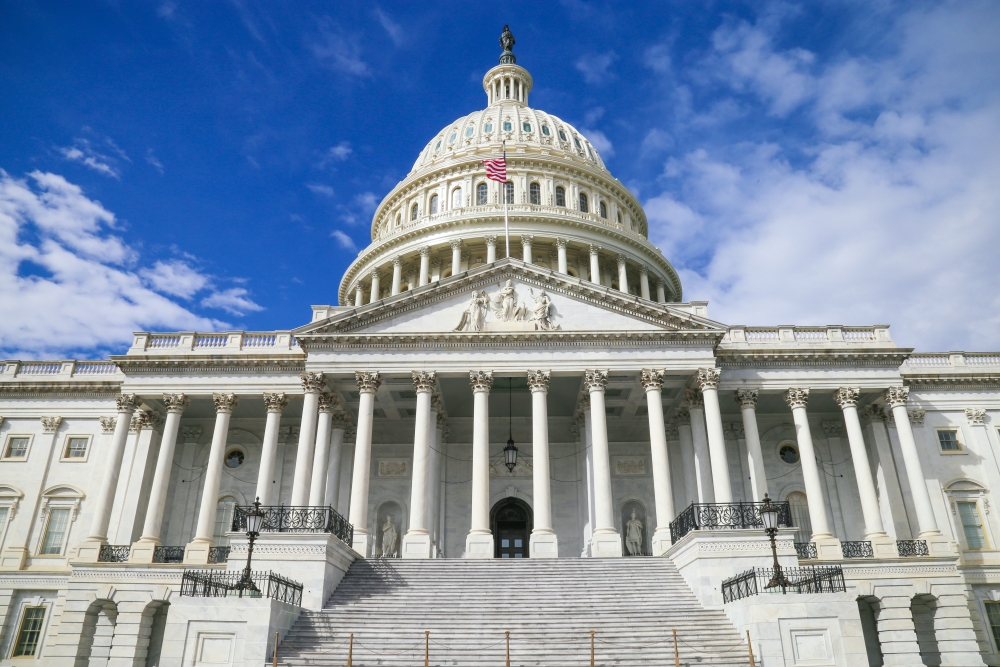
- Details
- By Native News Online Staff
WASHINGTON — According to the Federal Communications Commission (FCC), less than half of households on tribal lands have access to fixed broadband service. This represents a nearly 27-point gap compared to non-tribal rural areas. This gap only widens when compared to the country-wide average. In 2018, the FCC estimated that 35 percent of Americans living on tribal lands lacked access to broadband services, compared to eight percent of all Americans.
On Wednesday, Sept. 23, 2020 at 2:30 p.m. EDT, the Senate Committee on Indian Affairs will hold a committee legislative hearing to receive testimony on the Bridging the Tribal Digital Divide Act of 2020.
The Committee will also hear testimony on four other bills pending in Congress now, which include on S. 3126, the Native Behavioral Health Access Improvement Act of 2019; S. 3937, the Special Diabetes Programs for Indians Reauthorization Act of 2020; S. 4079, a bill to authorize the Seminole Tribe of Florida to lease or transfer certain land, and for other purposes; and S. 4556, a bill to authorize the Secretary of Health and Human Services, acting through the Director of the Indian Health Service, to acquire private land to facilitate access to the Desert Sage Youth Wellness Center in Hemet, Calif., and for other purposes.
DETAILS
WHAT:
A committee legislative hearing to receive testimony on S. 3126, S. 3264, S. 3937, S. 4079, and S. 4556.
WHEN:
2:30 p.m. EDT, Wednesday, Sept. 23, 2020.
WHERE:
628 Dirksen Senate Office Building.
In accordance with guidance from the Senate Sergeant at Arms, the Senate office buildings are not open to the public other than official business visitors and credentialed press at this time. Accordingly, the hearing room will be closed to the general public. Two seats will be available for media in the hearing room on a first come, first served basis. The hearing will be live webcast here.
WITNESSES
Panel I
- The Honorable Rear Admiral Michael Weahkee, Director of Indian Health Service, U.S. Department of Health and Human Services, Rockville, Maryland
- The Honorable Marcellus Oscella, Jr., Chairman, Seminole Nation of Florida, Hollywood, Florida (Virtually)
- The Honorable Timothy Nuvangyaoma, Chairman, Hopi Tribe, Kykotsmovi, Arizona
- The Honorable Michael Chaverria, Chairman, All Pueblo Council of Governors, Albuquerque, New Mexico Virtually)
More Stories Like This
Native News Weekly (August 25, 2024): D.C. BriefsUS Presidents in Their Own Words Concerning American Indians
Deb Haaland Tours CNM Workforce Facilities, Highlights Trade Job Opportunities
Federal Court Dismisses Challenge to NY Indigenous Mascot Ban
Sen. Angus King Warns of ‘Whitewashing’ History in National Parks Under Trump Administration
Help us defend tribal sovereignty.
At Native News Online, our mission is rooted in telling the stories that strengthen sovereignty and uplift Indigenous voices — not just at year’s end, but every single day.
Because of your generosity last year, we were able to keep our reporters on the ground in tribal communities, at national gatherings and in the halls of Congress — covering the issues that matter most to Indian Country: sovereignty, culture, education, health and economic opportunity.
That support sustained us through a tough year in 2025. Now, as we look to the year ahead, we need your help right now to ensure warrior journalism remains strong — reporting that defends tribal sovereignty, amplifies Native truth, and holds power accountable.
 The stakes couldn't be higher. Your support keeps Native voices heard, Native stories told and Native sovereignty defended.
The stakes couldn't be higher. Your support keeps Native voices heard, Native stories told and Native sovereignty defended.
Stand with Warrior Journalism today.
Levi Rickert (Potawatomi), Editor & Publisher

